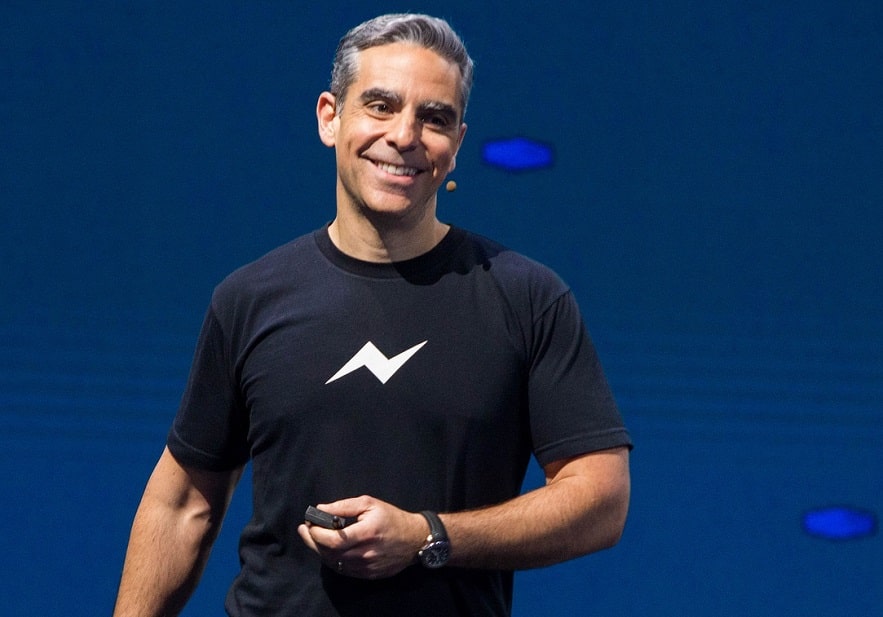The coming advent of, scheduled for next year, has naturally contributed to relaunching the discussion on digital assets. In particular, it forced a large part of the political world to question the great ambitions, defined by some as immoderate, which were made explicit by the Whitepaper of the new Facebook cryptocurrency.
Among the voices that have arisen with greater force, the one by Maxine Waters, authoritative Congressman and President of the Financial Services Commission, who did not hesitate to ask Menlo Park to postpone the launch of Libra. A request justified above all by the need to better understand the scope of the event and to be able to create a real clearing house for a cryptocurrency considered very dangerous for the current global financial and political structures.
David Marcus's answer
Waters' words prompted immediate response from Facebook, whose management has tried to clear the ground of any possible reason for friction. A conduct that has been judged by many as the direct consequence of the recent scandals that have seen Mark Zuckerberg's social media and which has been confirmed in the last hours by the words of David Marcus, head of the project Calibra. Words contained in a letter addressed to Maxine Waters and the other members of the Financial Services Committee of the United States House of Representatives in view of the now upcoming hearing on Libra and which ensure the will to collaborate with the institutions in order to try to smooth the corners.
Facebook won't control Libra
The statements contained in the letter sent to the Congress seem to go in the direction traced by Marcus himself, according to which the new virtual currency will not be controlled by Facebook. In fact, over a hundred subjects will be present in the Libra Network from the start-up phase, companies which will have no less rights than Facebook. A reassurance that seems made on purpose to dispel the fears of those who believe it is possible for Facebook to assume a role that goes far beyond that of an economic entity. Just the Financial Services Committee, moreover, had recently affirmed how a possible success of Libra could evoke serious concerns related not only to privacy, an aspect already violated in the past by Menlo Park, but also to trade, national security and to monetary policies. Concerns that would not be limited to more than two billion social media users, but would extend to investors, consumers and the entire world economy.
A position moreover be shared by the Chinese authorities, which they are thinking of respond to Libra with a digital uniform, after having long opposed virtual assets. A project that should be carried out by the central bank of the eastern giant in collaboration with the country's academic authorities, precisely in order to prevent the bond between Libra and the United States from giving the latter an overwhelming position on the global scene.


